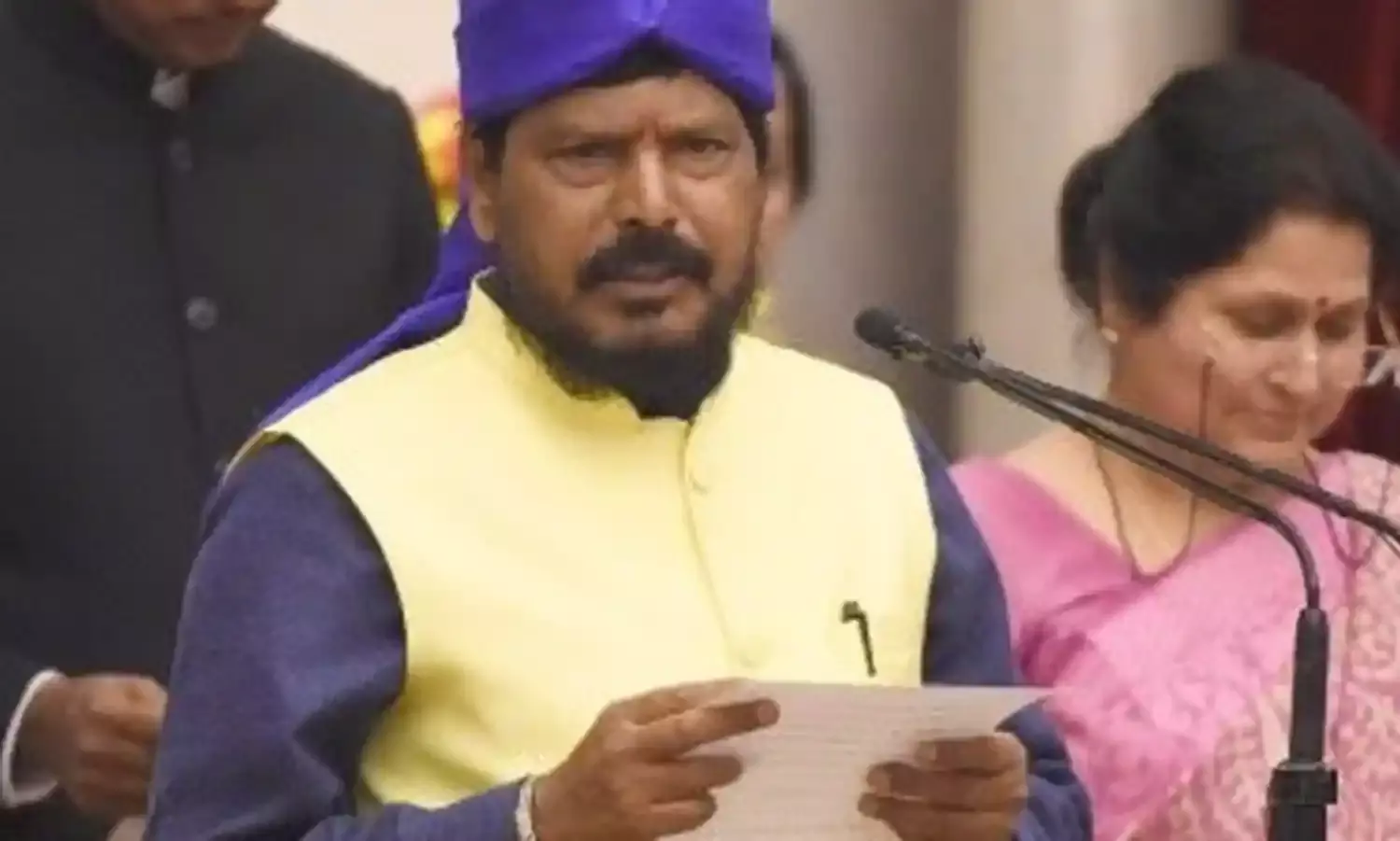Dalit an Offensive Word? Even Union Minister Athawale Is Compelled to Disagree
Dalit Union Ministers oppose govt move

MUMBAI: The Madhya Pradesh High Court, responding to a petition in January this year, said the government should not use the term Dalit as it was not mentioned in the Constitution of India.
Two months later in March, the Union Ministry of Social Justice took it a step further, issuing a circular stating that all official communication by the central and state governments should use the term “Scheduled Caste” alone.
A little over two months later in June, the Bombay High Court stated that suitable directions should be issued to the Press Council of India and the media wihin six weeks not to use the term Dalit.
Again two months later in August, the Union Ministry of Information and Broadcasting issued an advisory to television channels not to refer to Scheduled Castes as Dalits. The notice said that the media "may refrain from using the nomenclature Dalit in compliance with the Bombay High Court order".
The protest against these moves has been big enough to bring Union Minister of State for Social Justice and Empowerment Ramdas Athawale out in solidarity. He has said now that his Republican Party of India (RPI) will approach the Supreme Court to challenge the government's advisory asking the media to refrain from using the word Dalit.
"The terms Scheduled Caste and Scheduled Tribe are already in use in government records, but we are of the view that the word 'Dalit' should be used. The RPI is approaching the Supreme Court (to challenge the advisory)," Athawale told ANI. To reporters he categorically said, “It isn’t offensive. It is wrong to ban its usage.”
The BJP’s Udit Raj has also objected to the media ban, maintaining that "Just because a word is not used, does not mean the community is not oppressed... the media should definitely continue using the word.”
The Opposition has slammed the advisory. Congress spokesperson Manish Tewari told reporters, "These are terms which are commonly used in public discourse. And so, if the Government ordains or the Information and Broadcasting Ministry ordains that the language which you use in your reportage, should also be one that is pre-cleared by them – how would you characterise this advisory except calling it censorship?"
Amnesty International was also critical, with programmes director Asmita Basu stating, “The term 'Dalit' is much more than just a word, it is a shared identity that recognises the historical discrimination faced by the community in India. The government has no business telling the media to not use the term 'Dalit.’” He said that Dalits and Dalit groups should be allowed to describe themselves as they want to, without curbs.



